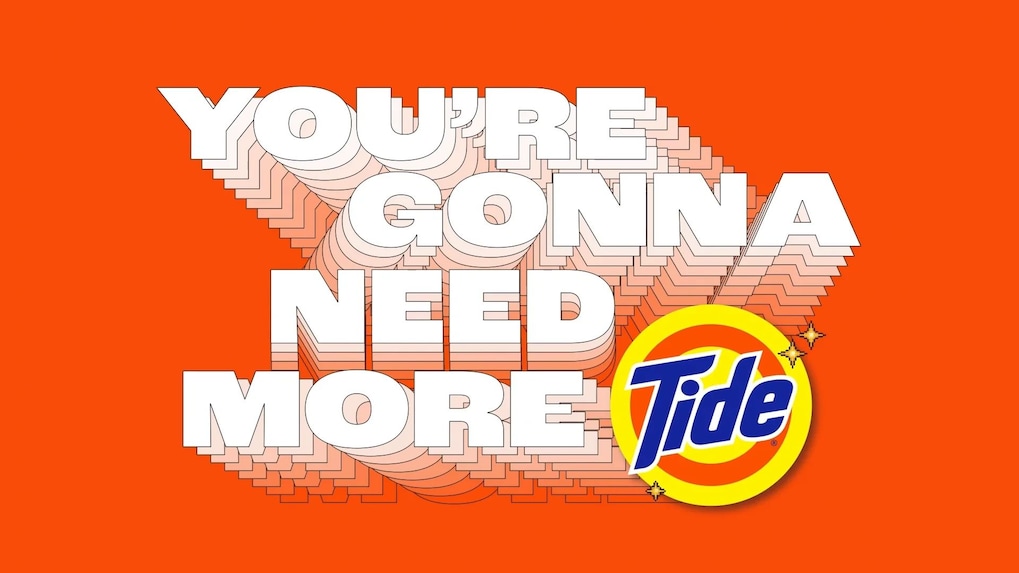The marketing industry is experiencing a fundamental shift as it grapples with its longstanding relationship with Google, a company once viewed as an untouchable giant. This shift is driven by recent antitrust rulings that have found Google guilty of monopolizing not only how information is accessed online but also how it is monetized. The repercussions of these findings are prompting marketers to reassess their dependency on Google, exploring alternatives and considering the structural risks associated with relying heavily on a single platform.
A Changing Ecosystem
For years, marketers have expressed frustration over Google’s grip on their advertising dollars. However, the recent legal developments have intensified these feelings, creating a sense of urgency to diversify advertising strategies. Advertising and media experts indicate that while spending patterns have not drastically changed, there is a growing inclination towards building a future less reliant on Google.
The emphasis now is on maintaining flexibility. According to a media director at a major agency, “The priority now is optionality – making sure clients aren’t locked into any single vendor.” This sentiment is echoed by agency executives who are increasingly fielding questions from clients about measurement, transparency, and the potential impact of Google’s legal challenges on their advertising strategies.
Exploring Alternatives
As marketers explore alternative ad tech partners, retail media players are beginning to capture ad dollars that would traditionally default to Google. Robert Kurtz, a strategic business outcomes partner at Basis Technologies, noted, “For the future, we are evaluating how Google (and the government) moves might impact how we engage with Google from an advertising perspective.”
This shift is not without its challenges. There is an inherent risk in moving away from a platform that has provided scale, performance, and infrastructure for years. However, the antitrust rulings have given marketers leverage, allowing them to push for better transparency and interoperability across platforms.
Google’s Response and Market Dynamics
In response to these developments, Google has acknowledged the need for greater transparency in its AI-driven media buying platform. Recent updates to Performance Max aim to improve decision-making with enhanced channel performance reporting and expanded asset-level metrics.
Yet, opinions among agency executives remain divided. While some clients maintain confidence in Google’s capabilities, others are more cautious, keeping their strategic moves under wraps as they navigate the uncertain landscape.
Matt Kane, SVP of Data & Analytics at Digitas, remarked, “If Google continues to offer good products and services that help advertisers, those things are going to be more noisy than anything else.” Despite the ongoing legal battles, many advertisers still view Google as a valuable partner.
Strategic Sovereignty and the Future
The current landscape is characterized by a tension between strategic sovereignty and operational efficiency. Marketers are increasingly aware of Google’s dual role as both a service provider and an overarching authority in the digital advertising space.
Jason Alan Snyder, chief AI officer at Momentum, highlighted this complexity, stating, “Marketers are realizing Google isn’t just the pipe; it’s the landlord, the architect, and the utility company.”
As the industry navigates these changes, the focus is on assessing risk exposure and considering the implications of potential regulatory outcomes. While there is no immediate groundswell of opposition against Google, the conversation around alternatives is gaining momentum.
Conclusion
As the marketing industry adapts to these shifts, the path forward remains uncertain. The balance between leveraging Google’s scale and exploring new opportunities will continue to shape strategies in the coming years. Marketers are taking a cautious approach, recognizing the need to stay informed and agile in a rapidly evolving digital landscape.
Note: This article is inspired by content from https://digiday.com/media-buying/what-if-google-isnt-forever-marketers-grapple-with-a-platform-in-flux/. It has been rephrased for originality. Images are credited to the original source.










Leave a Reply